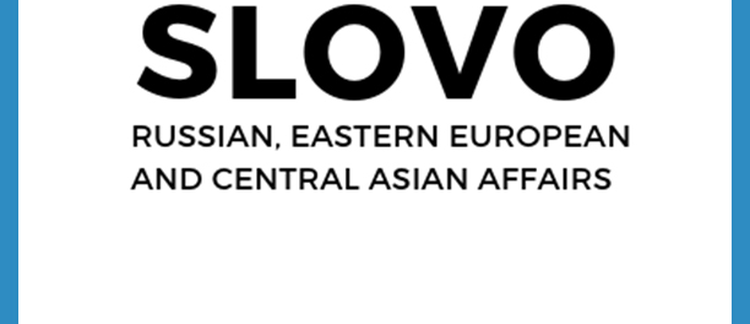Abstract
Download this article from UCL Discovery.
This investigation investigates the extent to which literature and criticism were politically charged in 1860s Russia. Ideology was clearly present within both literature and literary criticism, despite claims to the contrary. Pisarev, despite his claims to view a text without ideology, in his criticism demonstrated his preference for the Nihilist movement to which he belonged. The fact that Turgenev’s novel sparked such a furore shows how tense society was during this period. The controversy caused shows the extent to which Russia was in need of reform through the degree of division in the national response. Turgenev explained how “one critic even brought forth the fact that I made Bazarov lose at cards to Father Alexey. “He just doesn’t know how to wound and humiliate enough! He doesn’t even know how to play cards!” There is absolutely no doubt that if I had made Bazarov win, the same critic would triumphantly exclaim: “Isn’t it clear? The author wants to suggest that Bazarov is a cheat!”
How to Cite:
St John Murphy, S., (2016) “The Debate around Nihilism in 1860s Russian Literature”, Slovo 28(2), 48-68. doi: https://doi.org/10.14324/111. 0954-6839.045
Downloads:
Download PDF
View PDF
556 Views
95 Downloads

